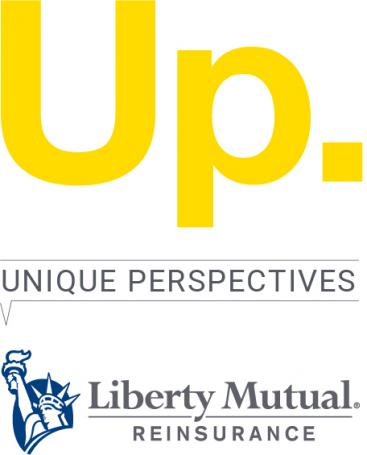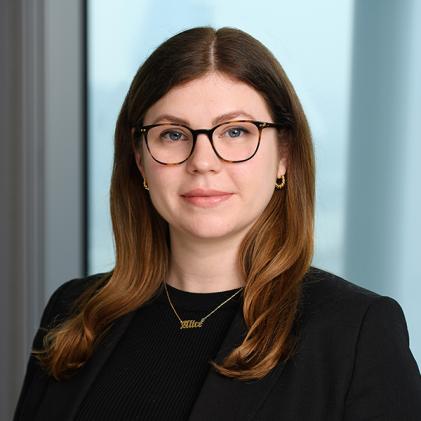Having recently joined Liberty Mutual Reinsurance (LM Re), this was an excellent opportunity for me to meet with our global reinsurance teams and help better position ourselves to sell LM Re’s unified global proposition. Here are my five key takeaways from the trip.
The overwhelming focus of this year’s U.S. conference season has, unsurprisingly, been inflation and speculation around the size of loss Hurricane Ian will bring to the market. Combined with capacity tightening across the Property reinsurance market, it seems likely that property renewals will dominate discussions at 1/1. The concern for the Casualty reinsurance market is the knock-on effect: squeezing the timeframe for Casualty renewals and pushing more capacity into an already crowded market, which is not immune to the impact of rising inflation and loss experience.
Social inflation was at the forefront of conversations with our Casualty clients -expressed as an increase in the frequency of shock adverse verdicts- and remains a key concern. It is clear that claims handling expertise is more important than ever. Waiting and hoping for legislative action to combat the prevalence of third-party litigation funding and social inflation is not enough. As excess of loss reinsurers, our protection from these shocks largely comes from expertise within our clients’ claims handling teams. Experience and understanding the nuances of jurisdictions are paramount, and despite the encouraging conversations we had with claims professionals explaining this approach to combatting these trends, the increased frequency of severity shows no signs of abating.
With the national unemployment rate in the U.S. for September at 3.5%, the ability to attract and retain talent is another key concern for both our clients and their original insureds. This has had a knock-on impact on the Casualty portfolio, dependent on the class of business and company. Some clients are experiencing pressure on growth through lack of resource, others are concerned about claims trends as a result of under-skilled workers in roles. What is clear from our discussions in the US is that talent attraction and retention woes are widespread across almost all industries, but the impact is being felt particularly strongly within insurance.
Increased use of data and predictive analytics was a key theme. As an industry, we collect a huge amount of data, but it is clear that we are only at the beginning of harnessing it. Improved data analytics and portfolio optimisation will continue to accelerate. Underwriters must learn to adapt and it is apparent that critical thinking and experience must be combined with models and analytics to drive progress.
The lack of face-to-face meetings with our clients has undoubtedly had an impact on the London Market during the pandemic. Although the ability to hold renewals meetings virtually and the acceleration of online placements has been beneficial, we’ve suffered from the lack of human connection. It’s incredibly important to immerse ourselves in the communities we are (re)insuring in order to truly understand the risk we’re writing. As well as the conversations I had with clients and the insights gleaned from attending conference discussions, simply driving down the highway in Texas or chatting to people in shops and restaurants brings the trends we talk about in renewal meetings into context in a way that is difficult to convey virtually.
Overall, the experience has been a rewarding one and a reminder that at the heart of it we are an industry centred around people. Through collaboration between LM Re and our clients, embracing and optimising technology, and an industry-wide effort to attract and retain talent, the global reinsurance market will continue to thrive.


